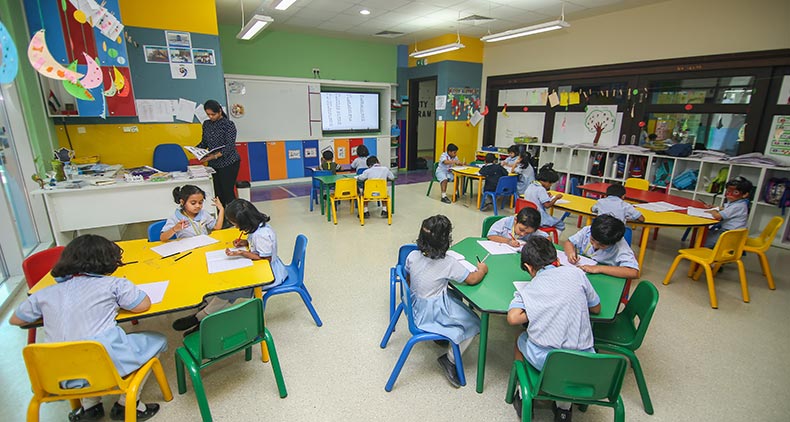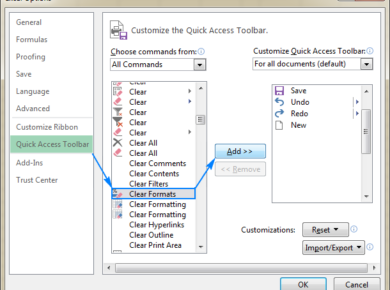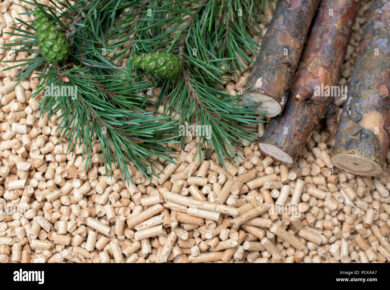Amazingly, we can complete so many tasks at once and still not feel proud of ourselves. We take command of our day as soon as we get up and complete several duties, including making and eating breakfast, getting dressed, and so forth. Have you ever questioned how we manage to complete all of these things without being bothered? So, this is what it means to have fine motor abilities.
Adults must fulfil their obligations, which calls for well-controlled motor abilities. How about your children? Let’s not assume that children should be exposed to fine motor skills during this period of growth. Numerous studies advise concentrating on your child’s motor skills from birth. Everyone has witnessed young infants being lavished with oil massages and gentle stretches.
How Do Fine Motor Skills Work?
The ability to move your hands, fingers, feet, wrists, and toes is known as fine motor abilities. Simply said, for your child to develop these skills, their brain must be able to coordinate impulses with actions. Their responses to what they observe and perceive make up their fine motor skills. Using a pencil to write and a spoon to eat are two examples. This might make it simple to comprehend the occurrence. Every action a child takes cannot be explicitly taught to them. We can comprehend a few factors that influence our daily activities. Children’s fine motor skills include pinching, folding, holding, grabbing, and pressing.
The development of fine motor skills is crucial for kids in preschool and kindergarten. They get the ability to react to some sights and be independent in some ways. Even though it is unexpected for a young child to comprehend what all of this signifies. As a parent, it’s crucial to keep an eye on your child’s growing abilities and to motivate them to be more receptive.
The Importance of Fine Motor Skills
It might seem strange if you asked yourself why tying a shoelace is significant. To perform daily chores like writing, using a pen, or even moving your hands, you’ll need good fine motor abilities. Since we have been doing these things for years, we typically minimise their significance. We must understand that the many things we complete each day require a unique skill set and a certain set of muscles. Let’s be a little kind to ourselves now that we know.
Often, we witness a lot of kids struggling with these everyday chores, which is probably the worst thing for their self-confidence. Lack of fine motor abilities also has an impact on independence, the development of self-care skills, and even academic success in addition to confidence. We can picture a young youngster finding it difficult to complete the necessary daily tasks. And poor motor skills are one of the possible causes. These days, parents are certainly unaware of such situations and can easily ignore them. Of course, they cannot be held accountable. Perhaps the absence of awareness contributes to these problems throughout the child’s formative years and has an impact on them afterwards.
How Can Fine Motor Skills Be Improved?
The likelihood that you will notice your child’s delayed progress in fine motor skills is quite low. And, just to make sure that it isn’t anything significant or worrisome. Being slow to comprehend the physical mechanisms that allow you to carry out daily duties is nothing serious, but it is something to think about. Be a good parent and look for ways to help your child’s fine motor skills grow if you’ve just realised that they’re struggling to handle daily tasks. For the record, only a parent has the patience to move at the same pace as their young child who is studying in a preschool in Bangalore. So why not think ahead and shield your youngster from problems down the road? Here are some entertaining ways that parents can encourage their kids to practise their fine motor skills:
1. Playing with Playdough
We are all aware of the need for the proper amount of pressure, deft hand movements, and ideal shape ideas when working with dough. You may spend quality time with your child while helping them develop their fine motor skills by playing with play dough. The more time they take to coordinate their hand motions and thoughts, the better.
2. Solving Rubik’s Cube
Solving engaging puzzles with your child is the best method to develop their mental powers. This calls for the proper coordination of your child’s thoughts and actions, which enhances their fine motor skills.
3. Painting and Sketching
Children, in a preschool in Bangalore, are drawn to colours, and we couldn’t agree more. Playing with colours usually fascinates young children. Surprisingly, while drawing or painting, they strive to do their best. Everything requires regularity, from holding a brush to drawing in straight lines, which eventually improves kids’ fine motor skills.
4. Use of Kitchen Tongs
Although this fine motor skills exercise is a little weird, it might work wonders. Give your toddler kitchen tongs or tweezers to play with to keep them occupied while you are cooking. Watch to see how they can sensibly use them. And presto! Your child’s motor skills have improved as a result of your efforts.
5. Bath Games
Playing with your child in the bathtub is one of the best things to do. For obvious reasons, your child would shield their eyes and nose from water sprays. Utilize your reflex actions to observe how your youngster behaves and responds while playing. Congratulate yourself afterwards if they block the water faster than the last time.
6. Fastening
Another excellent exercise to improve your child’s mental functionality in the schools in Sarjapur is to assist them with tying their shoes’ laces. Right palm and finger coordination is required when tying shoelaces. Enhancing fine motor skills can be done through a better understanding of movement.






